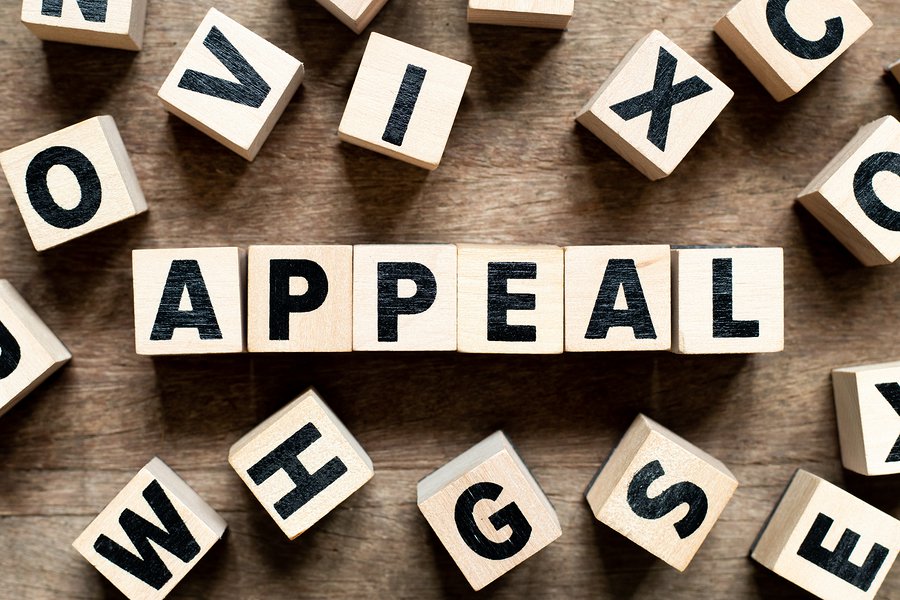As recently as 2018, the number of cases filed in the US Court of Appeals fell by 16% or almost 10,000 appeals in one year. That sounds like a lot – and it is – but considering that almost 50,000 appeals were filed that year, the courts are still hearing a lot of cases. If you plan to be involved with one, specifically involving civil litigation, you may need to obtain an appeal surety bond before the court agrees to hear your case. When required, this bond is non-negotiable, and your entire appeal depends on getting one. Fortunately, it’s a relatively simple process and a manageable cost. Viking Bond Service is here to explain everything you need to know.
What is an Appeal Surety Bond?
Appeals offer litigants the opportunity to have their case reconsidered by the court, which is an essential component of justice. But there are some defendants who use the appeals process to avoid paying a judgment ordered by the court. Rather than paying promptly, they will file a frivolous appeal that wastes the court’s time and resources simply so the defendant can avoid his or her financial responsibilities. Appeal surety bonds exist to discourage that kind of behavior. Before granting an appeal, the courts will require the defendant to obtain a bond. As the bold holder (known as the principal) the defendant is required to pay the previous judgment in full if the appeal fails. By making it harder for defendants to avoid payment, bonds make it less appealing to file appeals that have little chance of succeeding.
How Does an Appeal Surety Bond Work?
If an appeal fails and the defendant refuses to pay the sum ordered by the court, the plaintiff can file a claim against the appeal bond. At that point, the defendant has the opportunity to pay the claim outright to avoid having interest and fees added later. If they continue to defer, however, the company that issued the bond (known as the surety) will investigate. When the claim is valid and the bondholder still withholds payment, the surety agrees to settle the claim. That might mean the surety pays out of pocket, in which case the bondholder has to pay the surety back, with interest and fees. With collateralized bonds – which are common with appeal surety bonds – the surety will settle the claim using the collateral and then collect interest and fees from the bondholder.
How Much Does an Appeal Surety Bond Cost?
The original court-ordered settlement amount determines the size of the bond. For instance, if a court orders a $50,000 settlement, the bond must be worth $50,000, meaning the surety agrees to pay out that amount on behalf of the bondholder. Some surety companies require bondholders to put up collateral equal to the value of the bond. All of them will require a premium, which is usually around 5% of the value of the bond – eg. a $50,000 bond has a $2,500 premium. If the bondholder wins the appeal, the only cost is the premium itself. If they lose the appeal, there’s no way to avoid paying the judgment because the surety will either turn over collateral or else settle the claim and collect payment (plus interest and fees) from the bondholder.
Who Needs an Appeal Surety Bond?
Courts require these bonds in many but not all cases. If they’re necessary, the court will inform you when you attempt to file an appeal. Often, your lawyer can tell you in advance whether you need a bond. There’s no reason not to get a bond as soon as you know you need one because the appeals process cannot proceed until you can prove to the court you have a bond that meets the conditions specified.
How to Obtain an Appeal Surety Bond
The first and most important thing you need to do is pick a surety company to work with. Find one that can issue bonds in your state and tailor the terms to satisfy the courts. Bonds are an important part of the appeals process, but the case itself is much more important, so you want to partner with a surety that makes bonding fast and simple. Next, you will need to submit a bond application along with the original compliant, original judgment, the notice of appeal, and a financial statement. You will also need to submit to a credit check. Finally, the surety will quote you a premium price and (potentially) request collateral. Once you meet those conditions, you will receive a document for the courts proving you have a legitimate bond.
Take the Next Step
Everything you need to know about an appeal surety bond really comes down to one thing – contact Viking Bond Service! We write bonds nationwide, providing comprehensive resources to help more people move forward with their appeal. Receive a bond quote in as little as 24 hours by completing our online bond application – or get information and answers from our team of bond experts by calling 1-888-278-7389 or using this contact form.


